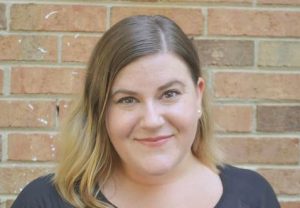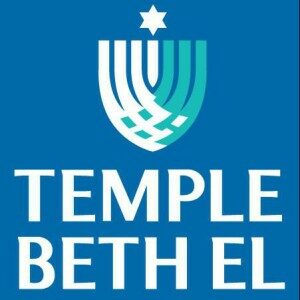Rabbi Dusty Klass once told me that as Jews, we just “get death right.” As someone who wrestles with considering her own mortality and the mortalities of those around her, I was hungry to experience this peace. I had only been to one Jewish funeral my entire life, and I was young and overwhelmed. I started asking around about Jewish ritual surrounding death. I found that we have a less processed approach to burial – we respect that our bodies are of the earth, and so we do not embalm or seek to preserve bodies in death. Instead, we perform a ritual called tahara, preparation of the body for burial by a group known as the chevrah kadisha, which means holy society. I felt called. Our Chevrah Kadisha is made up of a group of lay people who have the cherished opportunity to ceremonially cleanse and clothe a Jew for the last time.
During the ceremony, the group tenderly cares for, cleanse, dresses, and blesses the body. I believe we remain connected to the dead through their neshama (or soul), and I experience that connection, that soul’s presence, around the body as we do our work. The prayers, intentions, and small rituals performed during tahara are the final Jewish acts our bodies will participate in. It is meaningful and uplifting work. In all of the my Jewish experiences, few have matched the power and intimacy of performing tahara with the seasoned women who trained me.
Not every person in our congregation is aware that Chevrah Kadisha is an option for themselves or their loved ones. Even fewer know that they, too, can be a part of this society. The only requirement is a sincere and open heart. If interested, consider attending the volunteer fair of our re-worked caring committee, called Hineynu (We are Here) on March 10 at 7:00 pm. We look forward to meeting you and finding new hands and hearts for Chevrah Kadisha.

Courtney is a Registered Nurse in the Surgical Trauma ICU at Carolinas Medical Center. She was grew up at Temple Beth El and enjoys Torah study and singing with the High Holy Days choir.




